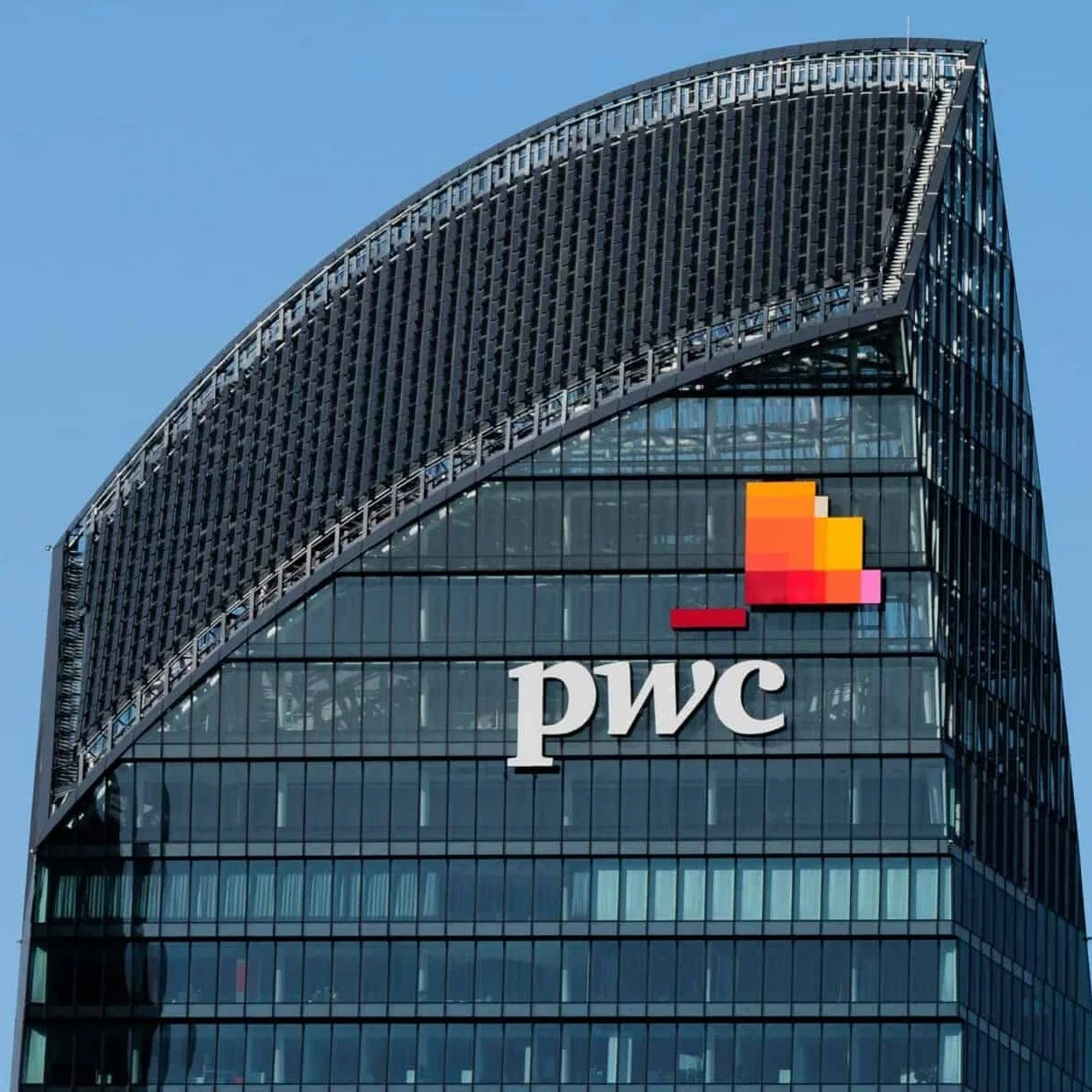Repositioning a global giant
Summary
The opportunity
PwC, formerly known as Price Waterhouse Cooper had a global reputation of as one of the ‘Big 4’ accounting firms.
However they had wider ambitions to be seen as the partner of choice to assist ‘brand defining global and local clients and governments to … deal with the unexpected.’ To be considered as trusted consultants in all matters, not just financial.
PwC advisory group
Unfortunately for that ambition, and despite having a robust and expertise heavy consulting service, few were aware of it.
I was asked by the PwC client to lead a team to address that.
The response
Making it about the customer
Possibly the biggest mistake that organisations make is to talk about themselves and how ‘big and clever’ they are, and then expect people to be interested.
The secret to success is not to talk about yourself and what you do, but rather to talk about what you will do for your customers.
What problem will you solve, what itch will you scratch, what pain will you take away. Then they get interested in what you have to say.
The first leap forward was to get PwC to stop thinking of themselves as consultants, but instead as ‘agents of change.’
Agents of change who by their expertise and involvement would change the experience and the circumstance of their clients; solving a problem, scratching an itch or taking away a pain point, leaving them in a better place for it.
And after all, hasn’t everyone got something they would like to change?
And that was the set of words that unlocked the answer.
What would you like to change?*
*WWYLTC
Demonstrating thought leadership around delivering positive change became the driving force behind PwC’s first ever global communications campaign, repositioning their consultancy service in the hearts and minds of their customers.
The subject of change was, and still is a hot topic.
Everyone from private individuals to CEOs to politicians both hope for and fear change in equal measures.
If PwC could convince their customers that they understood the challenges they face and the changes that they wanted to make and could draw on expertise to make those changes happen; then those customers would trust PwC to deliver change for them.
The second leap forward was to stop talking to their customers as CEOs or politicians, but to engage them as people.
The key to making the change PwC could bring happen more quickly and to stick over time was to make that change personal to those it affects by simply asking them “What would you like to change?”
“For a business which traditionally communicates primarily with other businesses, this represents a new approach. We want to start a debate with the public to understand the things they want to change and to draw on the expertise we have working with other businesses and the public sector to find ways to make some of the best ideas happen. ”
WWYLTC campaign examples
The campaign
Traffic was driven to the WWYLTC website by outdoor, press & web advertising, asking what people would like to change.
Comments were gathered, vetted and then categorised accordingly to help shape future content and structure of website.
When a topic was suggested that the firm thought they could help with then they got involved in presenting a solution.
Which in turn led to more future content confirming the firms ability to bring about positive change.
The top issues, based on personal contributions from visitors to the website include how we treat each other (respect, manners, kindness), how we work (excess email, desire for a four day week), politics (political spin, public sector policies, the voice of the UK citizen) and poverty (eradicating poverty, equality and fairness for the developing world).
Even Boris Johnson proved a popular addition to the site with his views on applying the technology of wind-up torches to reducing the environmental impact of London's motor cars.
The concept and desire for change is universal and thanks to PwC’s global reach we ran the campaign successfully around the world.
The change that PwC wanted to make
FT Annual survey of ‘big four’ performance showed the impact of the WWYLTC campaign jump from only 11% to 59% awareness for PwC as a consulting firm.
The campaign had successfully repositioned PwC in the hearts and minds of it’s customers from purely being known for it’s world class accounting services to building a reputation for being an agent of positive change.





